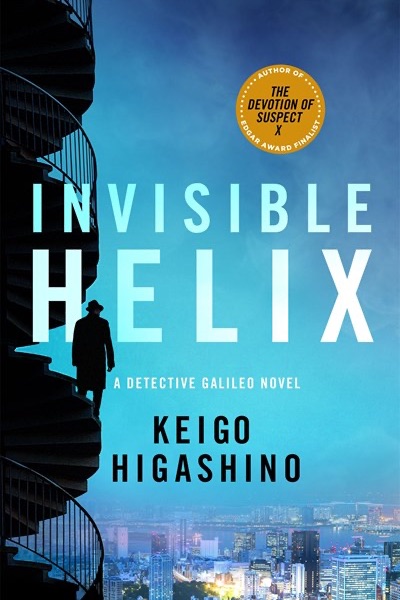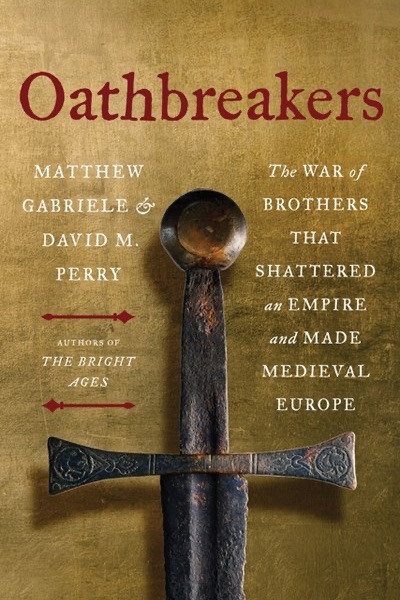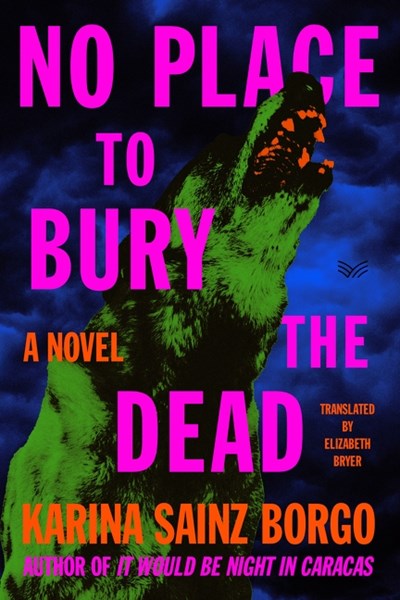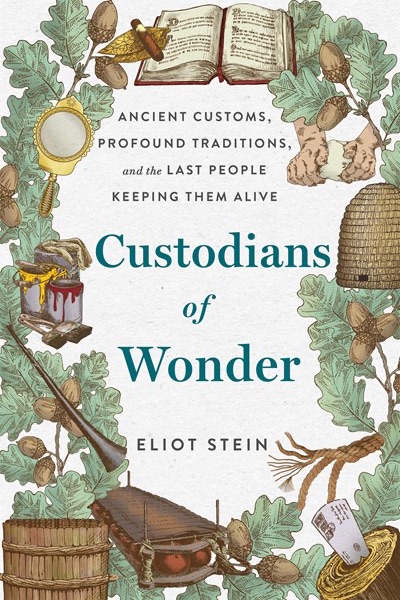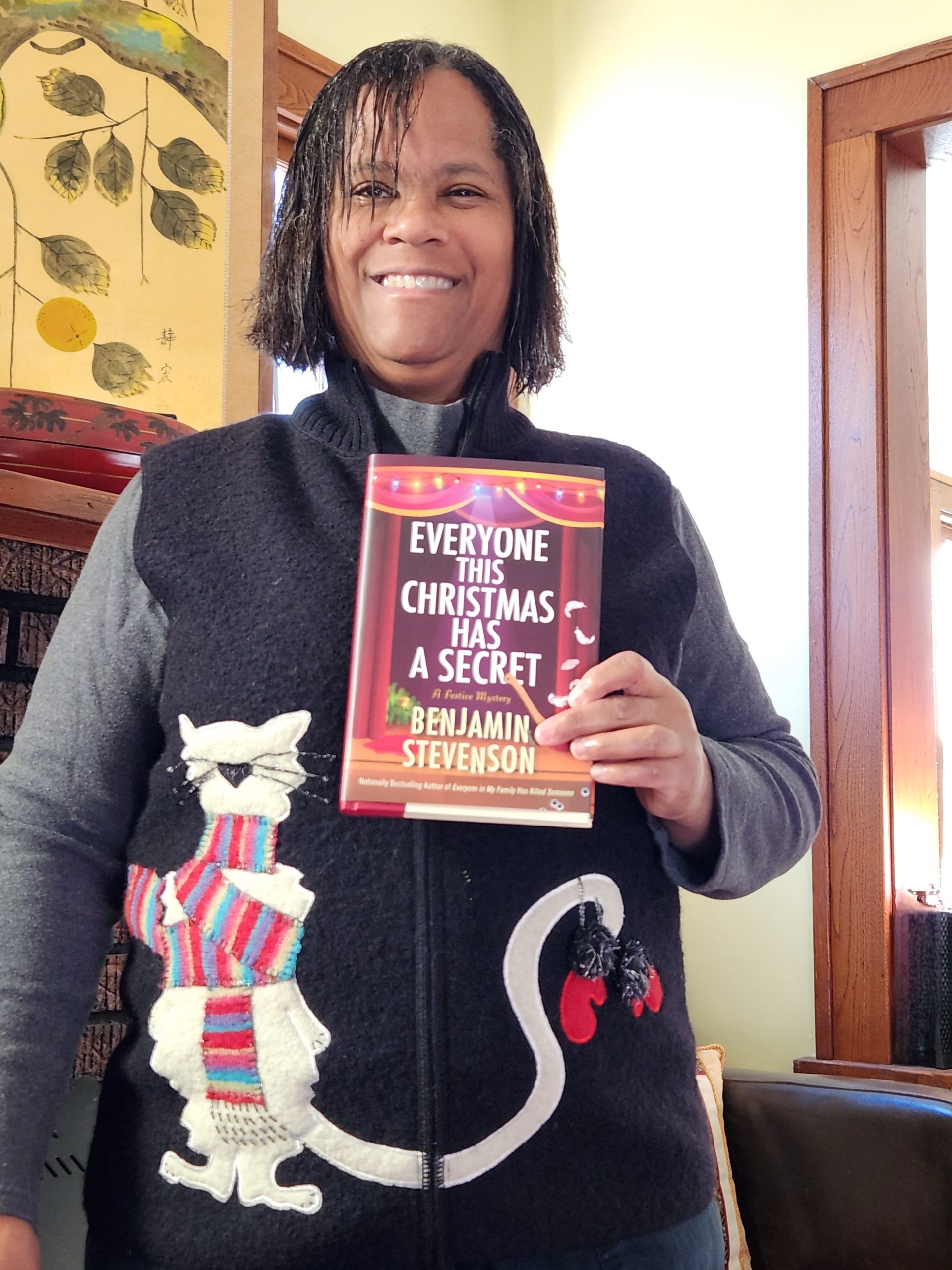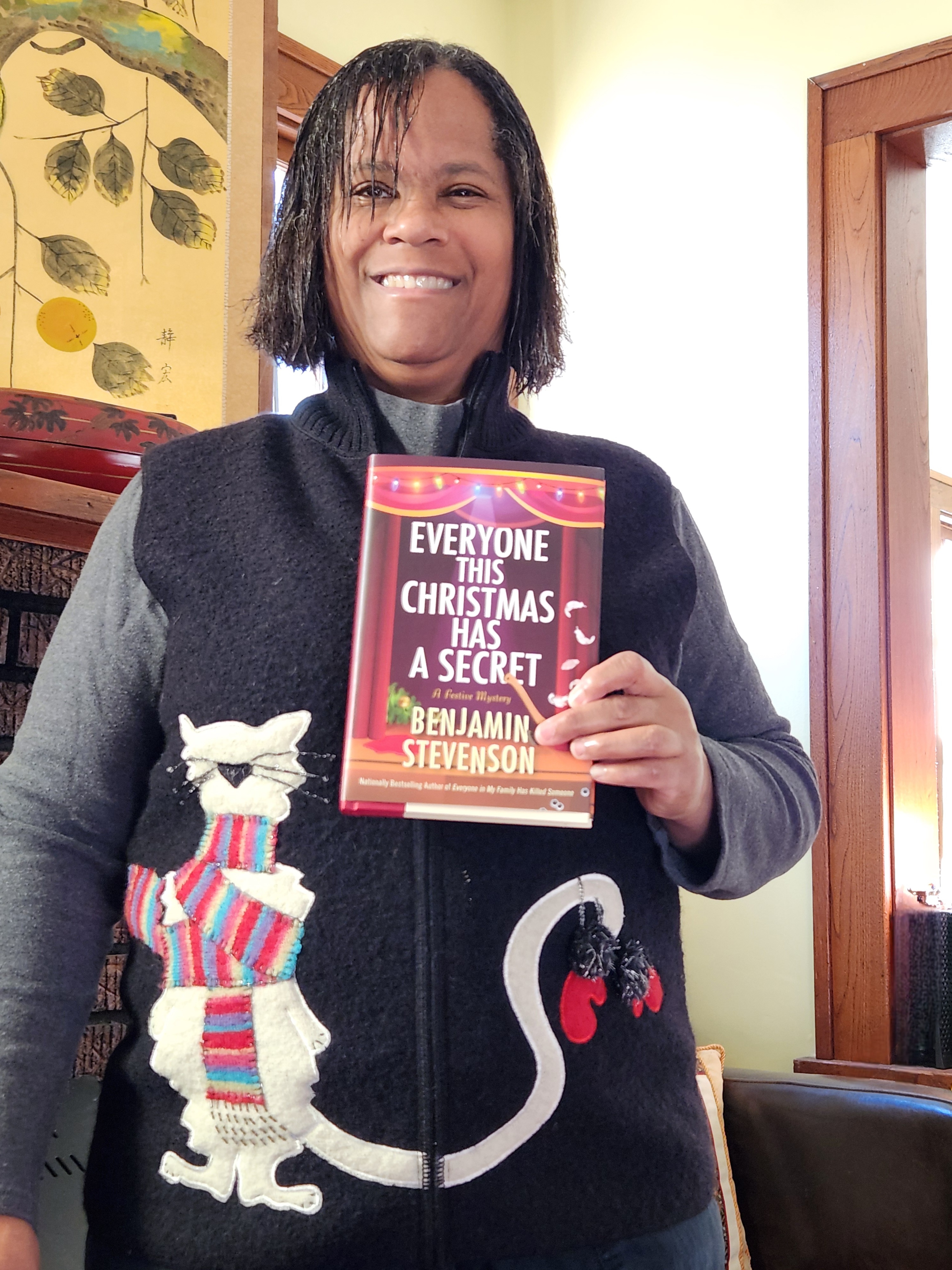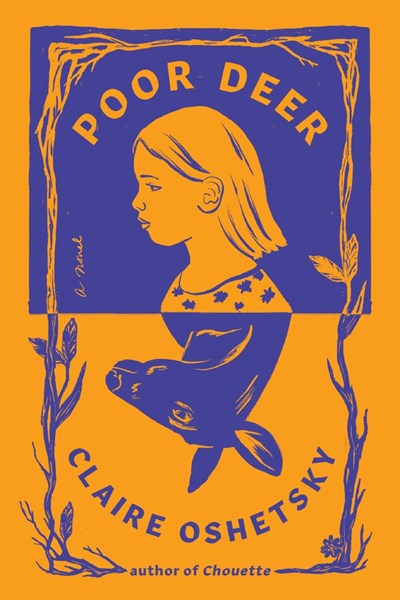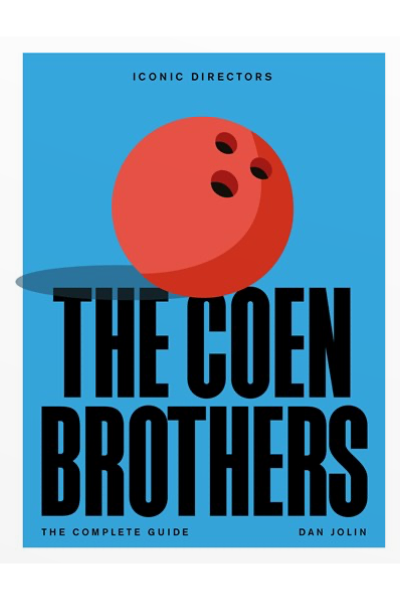
A series of definitive guides to the most influential film directors of our time.
Charting the rise of these iconic filmmakers from their early years, through their breakout films and their evolution into cinematic greats, these neatly packaged guides are a must-have for any movie fan.
Each title contains perceptive and insightful text about the director’s work, their inspirations, their unique filmmaking style and their favoured collaborations with actors, screenwriters and musicians. With discussion and in-depth analysis of each film in their canon, and packed with images from their films, as well as intriguing behind-the-scenes shots, these books provide an intimate celebration of each director’s work.
Gangster movie, Western, film noir, rom com, screwball, musical, even the Biblical epic… There are few genres left untouched and untwisted by sibling visionaries Joel and Ethan Coen.
Since 1984’s Blood Simple, the inscrutable brothers have effortlessly forged their own cinematic path, avoiding prevailing trends while crafting bold, stylish and witty movies that feel fresh and distinctive despite being deeply rooted in their creators’ filmic passion and knowledge.
This is a definitive guide to that path, bringing the reader through Joel and Ethan’s 20 features (not counting the mezzanine) and exploring the themes, the tropes, the gags, the familiar faces – while also taking in all the Coen curios that litter this quirkily winding byway.
From Texas to Minnesota, from Homer to Shakespeare, from Bluegrass to Busby Berkeley, from wrestling to bowling, from lost hats to severed toes, this book covers everything that one might reasonably consider (to use a word that would likely make Joel and Ethan wince) ‘Coenesque’… And then some.




